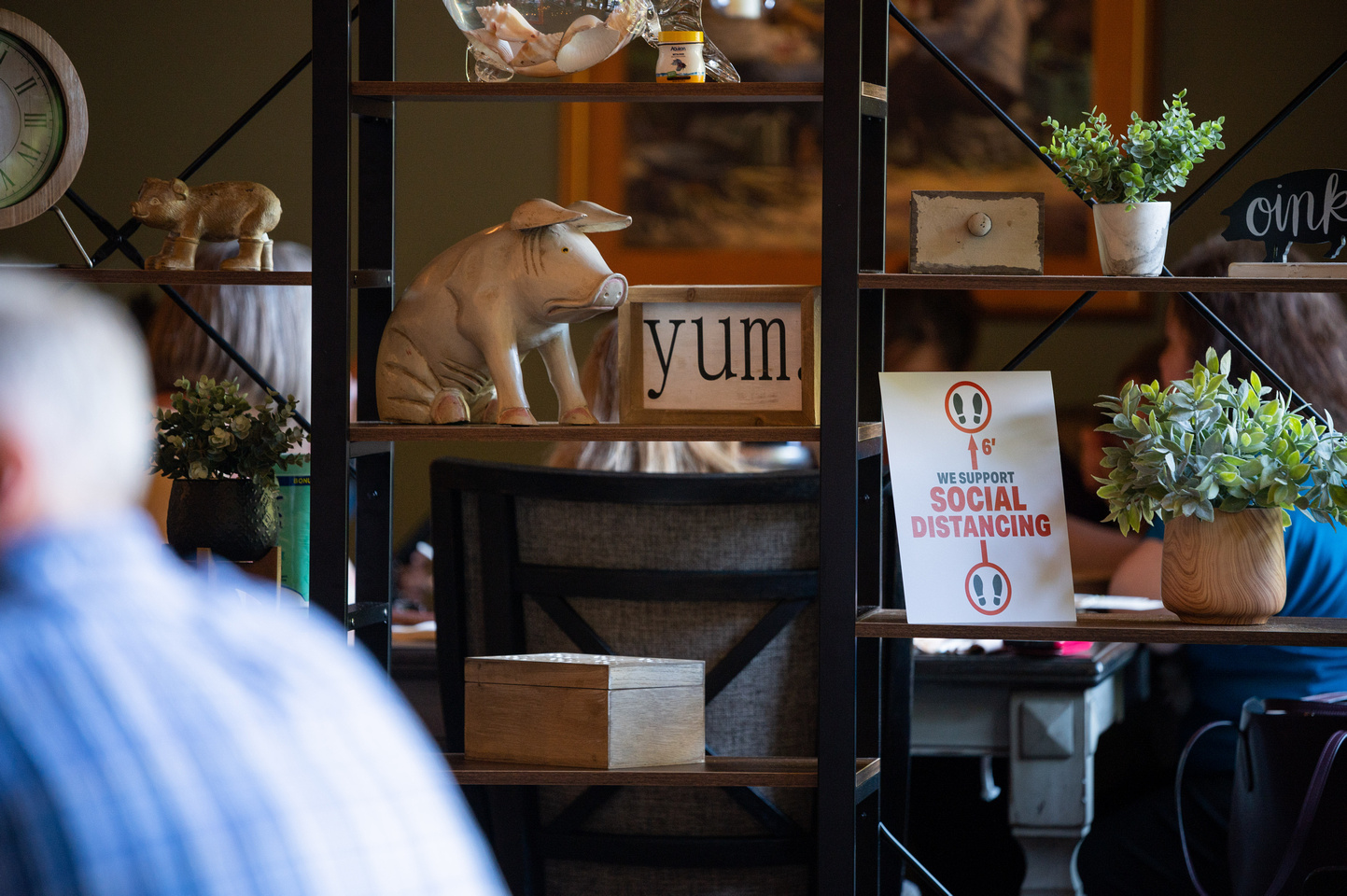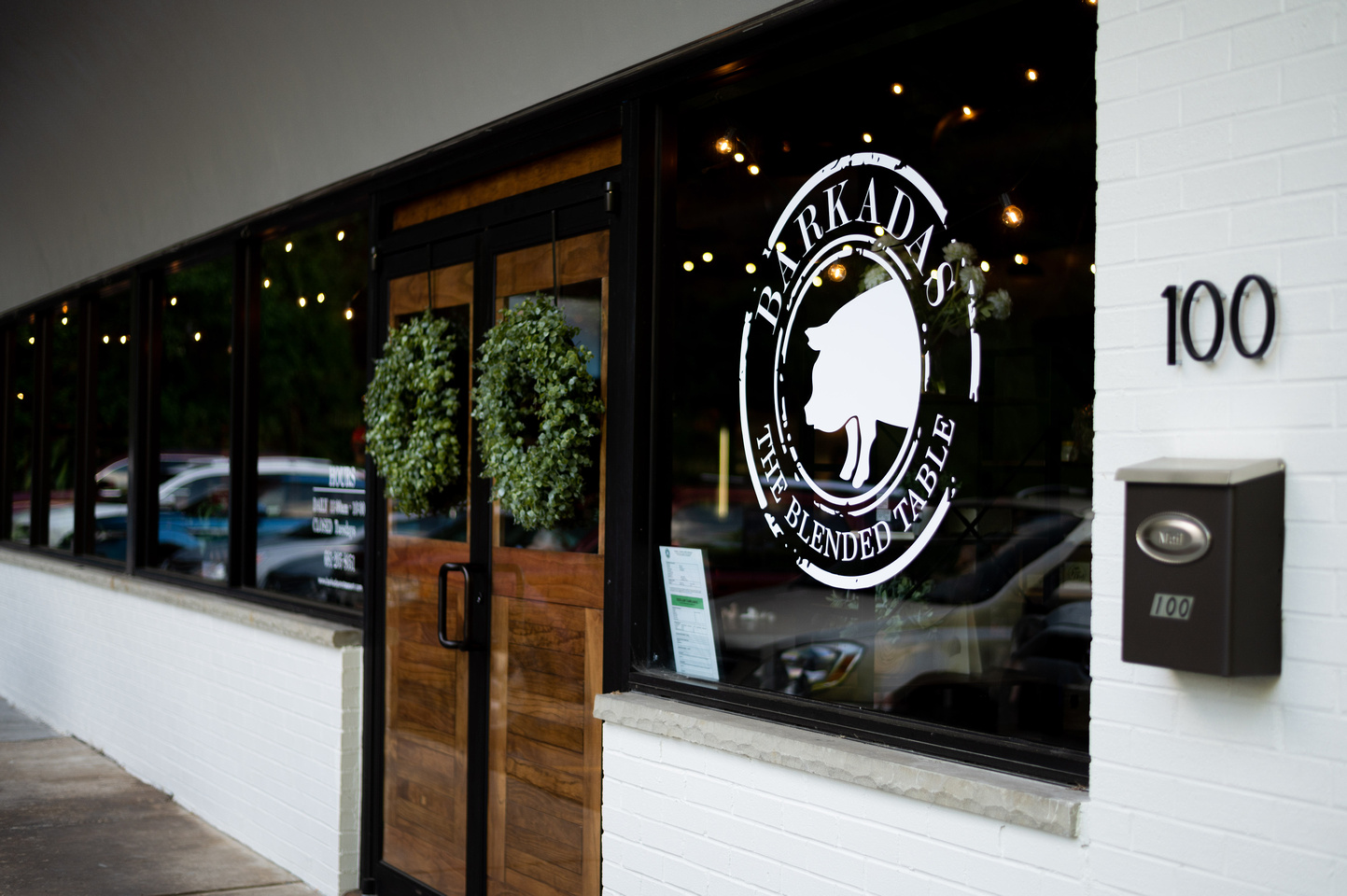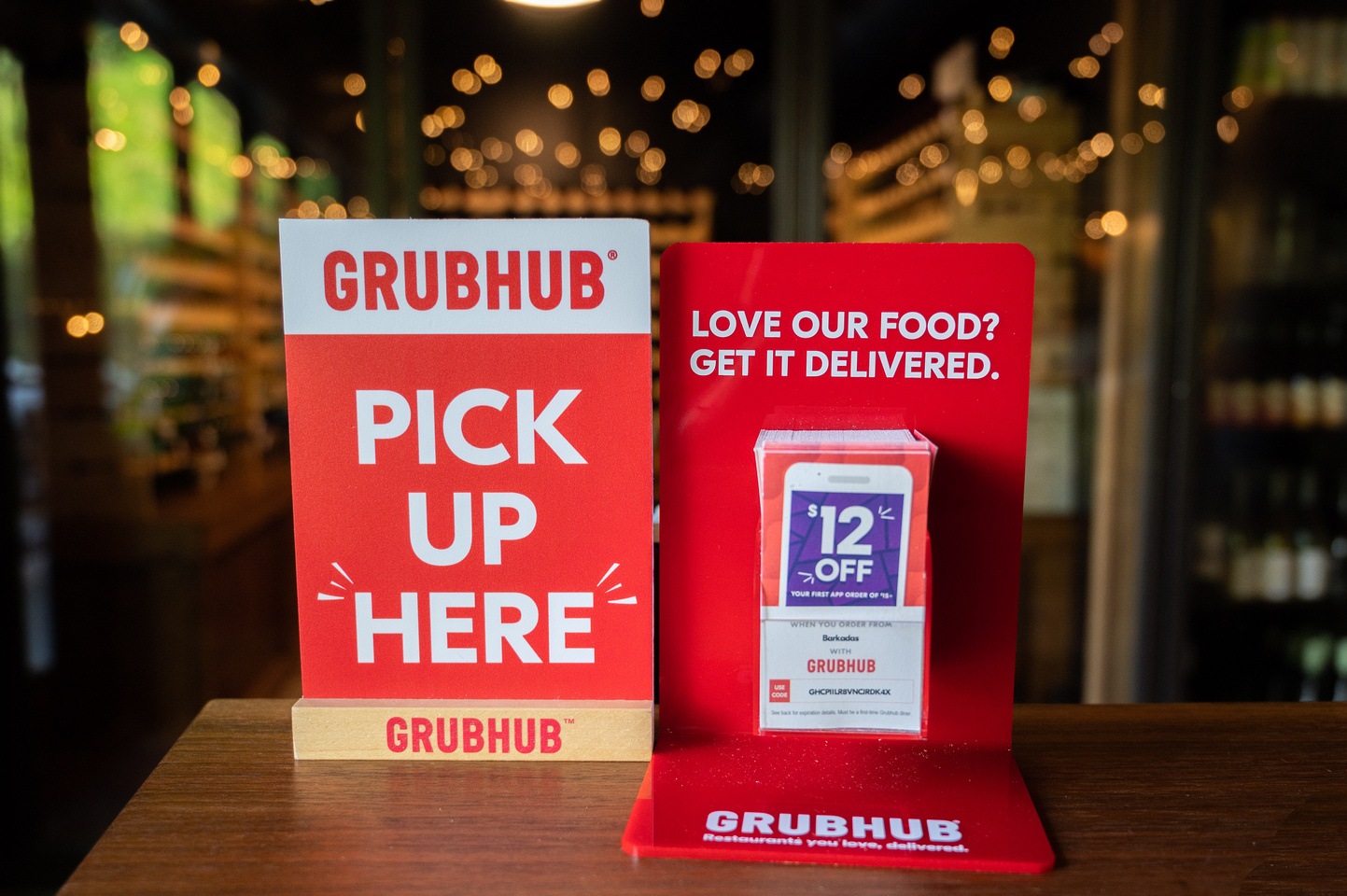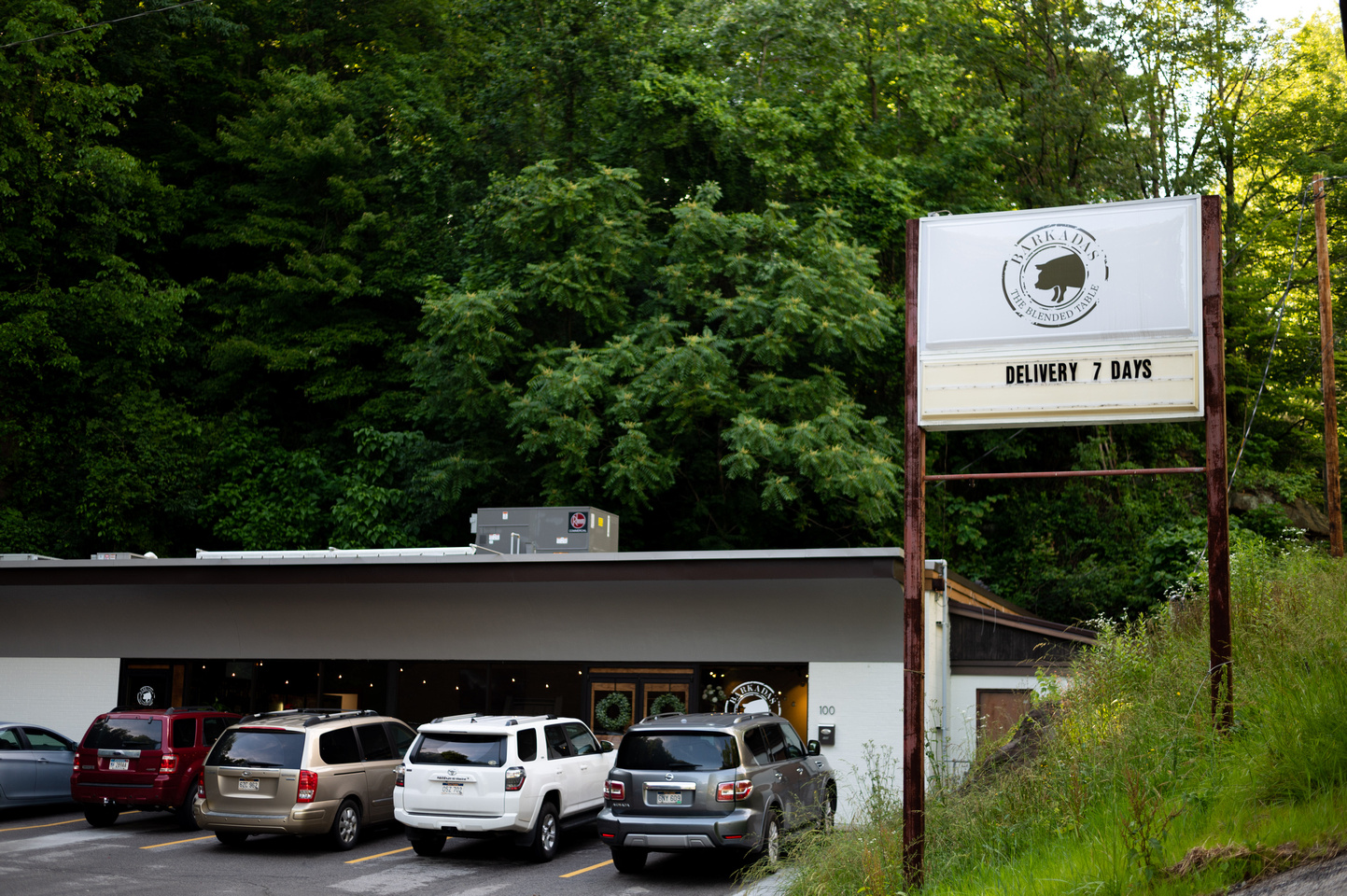Charleston chef not giving up on restaurants, culinary community
The economic slowdown caused by the COVID-19 pandemic has hit local restaurants harder than perhaps any other kind of small business in West Virginia. But instead of competing for customers, one Charleston-area restauranteur wants people in the food service and hospitality industry to join forces and help shape West Virginia’s future.
“A rising tide lifts all boats and if we work together, we can continue to create something special here in West Virginia,” said Paul Smith, a chef and owner of three restaurants in the Charleston area. “The pandemic has changed everything, but I’ve always believed that tourism, with all of the natural beauty in our state, and the hospitality and service industry are the future of West Virginia.”

A vision for the future
Smith, who grew up in West Virginia but left to attend the Culinary Institute of America and work in restaurants around the country, has a vision for the future. It’s one where West Virginia isn’t a drive-through state for the thousands of people traveling along Interstates 64, 77 and 79. Instead, these people stop to experience what the Mountain State has to offer, or better yet, move here and put down roots.
“Things might seem bleak right now, but this pandemic has made living in a state like West Virginia even more appealing,” he said. “What we need to do is stay strong and invest in our communities. West Virginia is already America’s best kept secret and once we get people here and show them that this is a place to be excited, they’ll come back.”

Not giving up
Optimism about the future is one thing, but what about the present? Smith admits times are tough and he’s experiencing it firsthand. Less than a month after opening Barkadas, a Filipino restaurant in Charleston’s Fort Hill neighborhood, restaurants and other public spaces were shut down to prevent the spread of COVID-19. “We went from being the restaurant to go to, to not making any money,” he said. Additionally, work on opening two other restaurants, The Pitch at the Shawnee Sports Complex and 10-10 Bridge in South Hills, was delayed.
But Smith said he’s doing everything he can to keep his restaurants afloat, provide good jobs for his employees and help the community. Barkadas remained open for delivery and curbside pickup and Smith was able to retain three-quarters of the staff. The Pitch and 10-10 Bridge are scheduled to open in June and July.
“I moved back to West Virginia because I believed I could make a difference here,” Smith said. “I wasn’t going to give up.”

Hardship produces creativity
Smith’s restaurants are weathering the storm, but how does an entire industry rebound when a crisis has had a chilling effect on travel? Smith’s been there and done that. After the 2014 Elk River chemical spill, Smith organized chefs and restauranteurs and launched Charleston Restaurant Week, a showcase of more than 20 local restaurants that’s become one of the most popular events in Charleston.
“Before the shut down and especially now, I think there’s been a shift in our state and country where people are going out of their way to support local shops, restaurants and farmers markets,” Smith said.
What’s that mean for West Virginia’s growing culinary scene?
“We can come out of this with our best foot forward,” Smith said. “And we can really be part of building a bright future for West Virginia.”

Apart But Not Alone
West Virginians have been resilient through the COVID-19 pandemic. If you know a businesses, community organization or individual finding creative ways to give back to their community, we want to hear about it. Share their story with us at commerce.wv.gov/wv-stories/wv-apart-not-alone.

